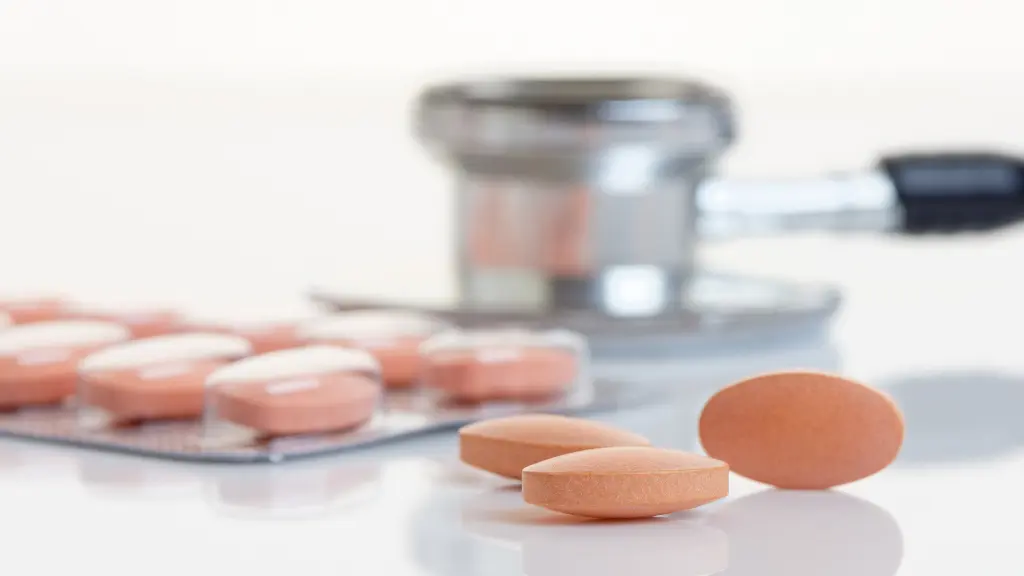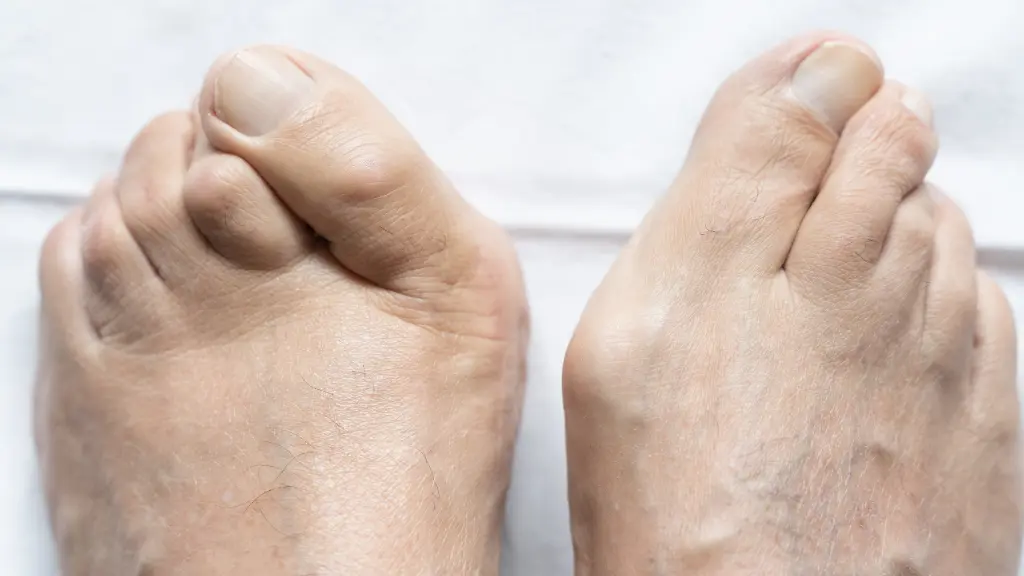High cholesterol is a common health concern that affects millions of Americans and is a major risk factor for heart disease. For many, taking statin medications prescribed by doctors has been the go-to solution for lowering cholesterol levels. While statins are effective, not everyone wants to rely on medication, especially due to potential side effects such as muscle pain, digestive issues, or liver damage.
The good news is that it’s possible to lower cholesterol naturally without taking a statin. In this article, we’ll explore the science behind cholesterol, why it matters for your health, and natural methods to reduce cholesterol levels through diet, exercise, and lifestyle changes.
You May Also Like: Why Is My C-Section Scar Painful, Itchy, and Sometimes Smelly? Understanding Postpartum Scar Care
Understanding Cholesterol: The Good, The Bad, and The Facts
Before diving into how to lower cholesterol without medication, it’s important to understand what cholesterol is and why your body needs it. Cholesterol is a waxy, fat-like substance found in every cell of your body. It helps produce hormones, vitamin D, and substances that aid in digestion. However, not all cholesterol is created equal.
There are two types of cholesterol:
- Low-Density Lipoprotein (LDL) Cholesterol: Often referred to as “bad” cholesterol, LDL can build up in the walls of your arteries, forming plaque and leading to a condition called atherosclerosis, which increases the risk of heart attacks and strokes.
- High-Density Lipoprotein (HDL) Cholesterol: Known as “good” cholesterol, HDL helps remove LDL cholesterol from your bloodstream and transport it to the liver for removal from the body.
A healthy balance between LDL and HDL cholesterol is essential for maintaining heart health. For most people, the goal is to lower LDL cholesterol while maintaining or increasing HDL levels.
Why Lowering Cholesterol Naturally Matters
High cholesterol levels can be genetic, but for many people, lifestyle factors such as poor diet, lack of exercise, smoking, and excessive alcohol intake play a significant role. Managing cholesterol naturally allows you to improve your heart health without relying on medication. Plus, lifestyle changes that target cholesterol often improve overall health by reducing the risk of diabetes, obesity, and other chronic conditions.
1. Eat a Heart-Healthy Diet
Diet plays a crucial role in managing cholesterol levels. By incorporating the right foods into your daily meals, you can help lower LDL cholesterol while promoting heart health. Here are some dietary strategies:
Increase Soluble Fiber Intake
Soluble fiber binds to cholesterol in the digestive system and helps remove it from the body before it can enter the bloodstream. Foods rich in soluble fiber include:
- Oats and oatmeal
- Barley and other whole grains
- Beans and legumes (lentils, chickpeas, black beans)
- Fruits (apples, oranges, pears, and berries)
- Vegetables (broccoli, Brussels sprouts, and carrots)
Add Healthy Fats
Replace saturated fats, which raise LDL cholesterol, with unsaturated fats that can help improve cholesterol levels. These include:
- Monounsaturated fats: Found in olive oil, avocados, and nuts.
- Polyunsaturated fats: Found in fatty fish like salmon, mackerel, and sardines, as well as in seeds and walnuts.
In particular, omega-3 fatty acids, a type of polyunsaturated fat, have been shown to lower triglycerides (another type of blood fat) and improve overall cholesterol profiles.
Eat More Plant-Based Foods
Plant-based diets, rich in vegetables, fruits, nuts, seeds, and whole grains, are linked to lower cholesterol levels. Consider incorporating more vegetarian or vegan meals into your diet to reduce saturated fats and increase fiber intake.
Limit Trans Fats and Saturated Fats
Trans fats, found in some processed and fried foods, are notorious for raising LDL cholesterol and lowering HDL cholesterol. Avoid foods containing hydrogenated oils or partially hydrogenated oils. Saturated fats, which are found in red meat, butter, and full-fat dairy products, should also be limited.
2. Exercise Regularly
Physical activity is another effective way to naturally reduce cholesterol. Regular exercise helps raise HDL cholesterol (the “good” kind) and lower LDL cholesterol. It also promotes weight loss, reduces blood pressure, and improves cardiovascular health overall.
Types of Exercises to Focus On:
- Aerobic exercise: Activities like walking, jogging, swimming, and cycling are great for getting your heart rate up and improving cholesterol levels.
- Strength training: Building muscle through weight lifting or resistance exercises can help lower LDL cholesterol and boost HDL levels.
- Daily physical activity: Even small changes, like taking the stairs instead of the elevator or going for a brisk walk during your lunch break, can add up over time.
Aim for at least 150 minutes of moderate-intensity aerobic exercise or 75 minutes of vigorous exercise each week, along with strength training exercises twice a week.
3. Lose Weight If Needed
Being overweight or obese contributes to higher cholesterol levels. Even a modest weight loss of 5-10% of your body weight can have a positive impact on lowering LDL cholesterol and improving overall heart health.
Focus on gradual, sustainable weight loss through a combination of a healthy diet, regular exercise, and behavioral changes like mindful eating. Avoid fad diets or quick fixes, as they are often unsustainable in the long term.
4. Quit Smoking and Limit Alcohol
Smoking not only damages your lungs but also lowers HDL cholesterol, increases LDL cholesterol, and raises the risk of heart disease. Quitting smoking is one of the most effective ways to improve cholesterol levels and reduce heart disease risk. Within just a few weeks of quitting, your HDL cholesterol levels will begin to improve.
Similarly, excessive alcohol consumption can raise cholesterol levels and lead to heart disease. If you drink, do so in moderation—no more than one drink per day for women and two drinks per day for men.
5. Consider Natural Supplements
There are several natural supplements that may help lower cholesterol levels, though it’s important to talk to your doctor before starting any new supplement regimen. Some supplements to consider include:
- Psyllium Husk: A source of soluble fiber that can help reduce LDL cholesterol.
- Plant Sterols and Stanols: These substances, found in fortified foods like margarine and orange juice, can block the absorption of cholesterol in the intestines.
- Red Yeast Rice: Contains naturally occurring statins and has been shown to lower LDL cholesterol. However, it should only be taken under medical supervision.
6. Stay Consistent and Monitor Your Progress
Making lifestyle changes to lower cholesterol requires time and consistency. Keep track of your diet, exercise, and any supplements you take. Regular cholesterol screenings with your doctor can help you monitor your progress and make adjustments as needed.
By following these strategies, many people can lower their cholesterol levels naturally without needing to rely on statins. However, it’s important to work closely with your healthcare provider to determine the best course of action for your specific health needs.
Final Thoughts
Lowering your cholesterol without taking a statin is entirely possible through a combination of dietary changes, regular exercise, weight management, and other healthy lifestyle habits. By focusing on heart-healthy foods, staying active, and avoiding smoking and excess alcohol, you can reduce your LDL cholesterol and improve your overall heart health. These changes not only support healthy cholesterol levels but also benefit your entire body, reducing the risk of chronic diseases and promoting a longer, healthier life.










